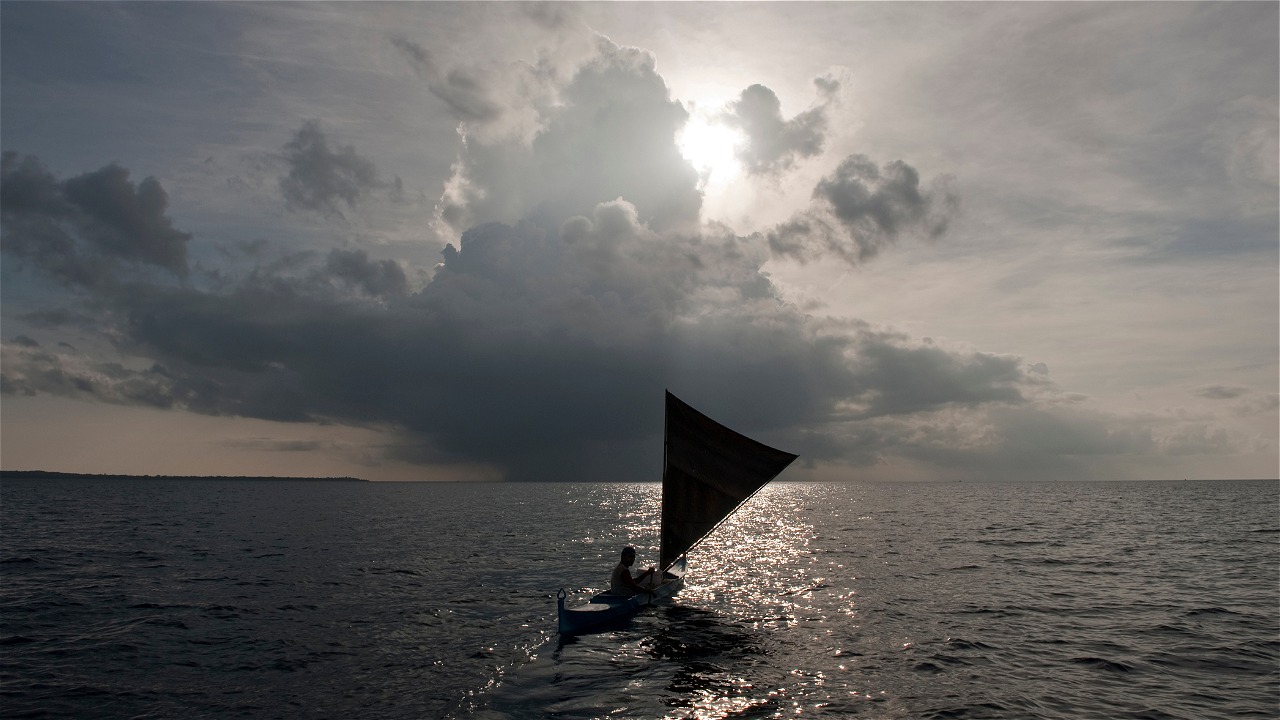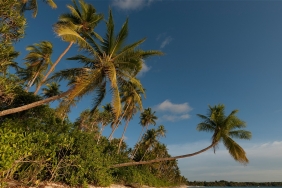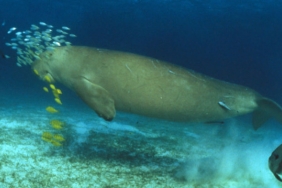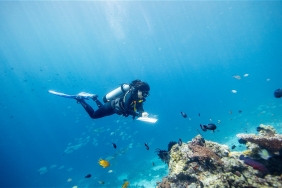CORAL REEF AND FISH MONITORING TRAINING FOR WAKATOBI ISLAND FORUM
By: Kartika Sumolang (Fisheries Monitoring Officer, WWF-Indonesia Wakatobi Project)
Wakatobi Regency, Southeast Sulawesi, was officially designated as a national park area in 2002, in accordance with the Minister of Forestry Decree No. 6186/Kpts-II/2002. This area has an area of 1,390,000 hectares, of which 97% of the area is water and is the source of livelihood for most Wakatobi residents. Wakatobi National Park (TN) has also been designated by UNESCO as one of the world's biosphere reserves because it is rich in marine biodiversity.
Given the importance of Wakatobi National Park, effective management of the area is crucial in ensuring the availability of marine resources for future generations. The size of the area, which is not proportional to the existing human resources, means that the management of Wakatobi National Park cannot be done by the government alone. Community support and participation is needed. Based on this, the Island Forum was established to support the Wakatobi National Park Office and WWF-Indonesia in their efforts to effectively manage the Wakatobi National Park area.
Wakatobi NP has four island forums, each of which has a high awareness in preserving the environment. The four forums are spread across the four major islands, namely the Wangi-wangi Fishermen Community (Komangi), Kahedupa Toudani Forum (Forkani), Binongko Fishermen Forum (Foneb), and Tomia Fishermen Community Forum (Komunto).
In mid-April 2015, WWF-Indonesia collaborated with the Wakatobi National Park Office to improve the human resource capacity of the Wakatobi Island Forum, through training on coral reef and fish monitoring. The training was attended by 12 representatives of Komangi, Forkani, Foneb, and Komunto. Eleven participants already have an open-water diving certificate, while one person already has an advanced diving certificate.
The training began with two initial dives aimed at practicing the divers' knowledge and skills. Then continued with the provision of material on the Point Intercept Transect (PIT) monitoring method for coral reefs, namely the introduction of coral growth forms; and the visual census monitoring method for fish, namely the introduction of several types of fish to the genus level - only economic target fish according to the needs of each forum - and estimating fish size. After being provided with these materials, participants immediately practiced in the field.
The participants' knowledge of coral reef and fish monitoring methods increased after attending this training. This is evident from the 65% increase in pre-test and post-test results. Participants were very enthusiastic in joining the training, they attended on time and interacted with each other.
After attending the training, the participants hoped to participate in future activities such as seagrass and mangrove monitoring training so that they can disseminate the monitoring knowledge to other forum members and participate in official monitoring activities together with the Wakatobi National Park Office.





